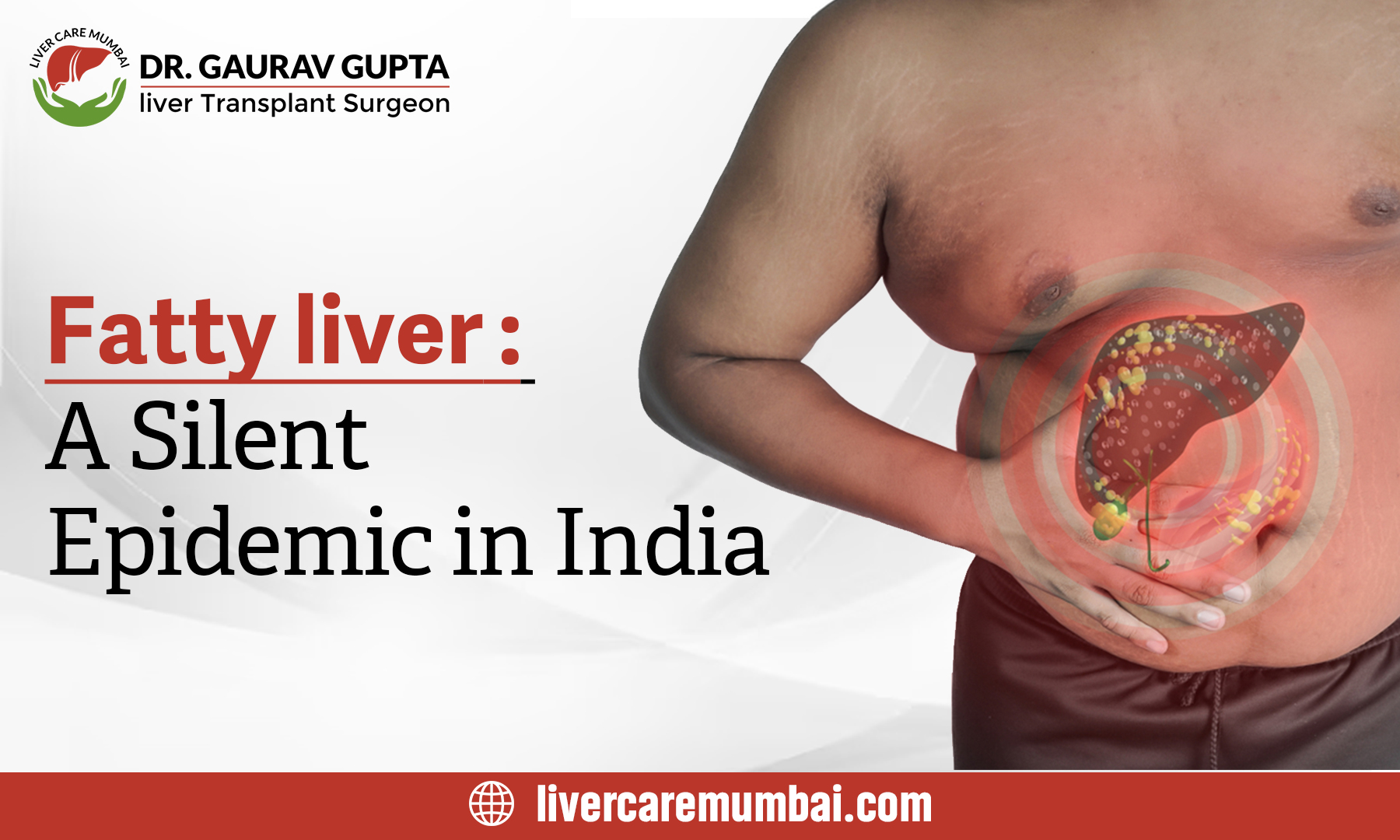Fatty liver disease is a growing issue in India, affecting millions of people. The build-up of excess fat in the Liver causes Fatty Liver. This can result in severe health issues like inflammation, cirrhosis, and even Liver failure or Liver cancer. Fatty liver is at an increase in India due to unhealthy lifestyle choices such as poor diet and excessive alcohol intake. Lack of physical exercise and an increase in sedentary lifestyle, obesity and diabetes, are the highly responsible factors that causes Fatty Liver. Non-alcoholic fatty liver disease (NAFLD) is a lifestyle condition that is affecting 25-30% of the global population.
High levels of cholesterol and triglycerides in the blood, as well as iron overload from hereditary hemochromatosis (a disorder where too much iron build up occurs), are other variables that contributes to fatty liver. Other medical conditions that can increase the chance of developing fatty liver disease include hepatitis C virus infection, pregnancy-related issues such as gestational diabetes or preeclampsia, metabolic syndrome (a combination of obesity and related health issues), and HIV infection.
Certain lifestyle changes can help to decrease the risk of Fatty Liver-
- Eating a healthy diet with lots of fruits and vegetables
- Avoiding processed foods
- Maintaining a healthy weight
- Managing stress
- Quit smoking and limit alcohol intake
- Consulting a Liver Specialist for regular follow up and diagnosis
The significance of health has come to light in the first half of 2020. The spread of Covid 19 has made everyone realise the importance of good health. NAFLD is the most common liver disease in human history, with estimates showing that it affects about two billion individuals worldwide. Despite this, the general public and healthcare professionals are unknown to it. Despite the already increasing numbers, the burden of NAFLD is predicted to rise in the next decades. NAFLD is a classic contemporary times health concern.
In India, NAFLD has emerged as a serious public health issue, contributing to a huge burden of hepatic and extrahepatic conditions. Educating students and children about healthy lifestyle may be the need of the hour. Efforts are also needed to influence the general public’s thoughts on this ongoing silent pandemic. Although India has made great progress in NAFLD research over the last one or two decades, much more needs to be done.

